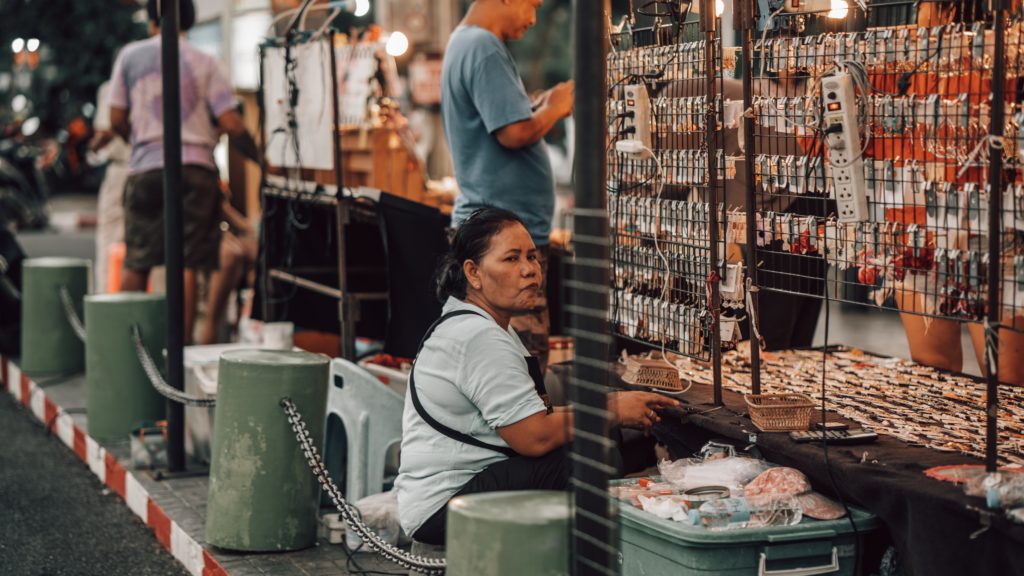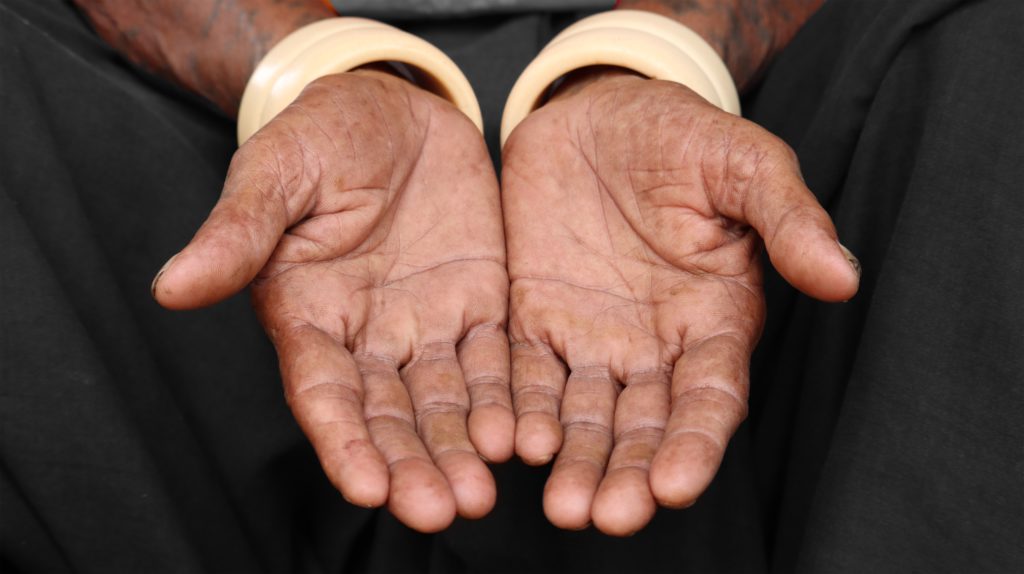In the United States, one in ten adults will fall victim to a scam or fraud every year. One in ten adults! With scammers becoming more and more genuine with every passing day, it’s not uncommon to fall into such traps. While internet frauds are something that has recently gained media attention, scams in the travel and tourism industry are increasingly grabbing the limelight. Students Fare wants everyone to stay alert while on the road and has gathered tips to avoid common scams that travelers can face.
Most Common Tourist Scams
The Swarm
A group of individuals surrounds the target in this travel scam and jostle around to find an empty spot. They could knock into you, grab you, or invade your private vicinity. While these individuals distract you, others dig through your baggage and steal what they need. Pickpockets like this can be found anywhere, but are most common in congested places like buses or trains.

How to avoid this scam: Being prepared is the most effective method to steer clear of this tourist scam. Ignore folks who make eye contact or seek to gain your attention as the crowds gather. Keep an eye on your possessions, and be extra cautious of the individuals around you in busy areas. Avoid placing items like your purse or mobile device in your back pocket or an outer pocket of your backpack where they might be readily grabbed.
The Bracelet
This is a typical tourist scam on beachfront and European towns. Someone will approach with a free bracelet or a handcrafted piece of jewelry. Instead of patiently waiting for you to say “I don’t want it,” they put it on you and refuse to take it back. They will ask for money, and when you reject, they will start making a scene hoping that you would give them money rather than be embarrassed.

How to avoid this scam: Allow no one to place things on your body, and be very cautious about taking anything for free. If someone places something on you, then take it off, sternly return it to them, and turn away to go about your business. Also, a simple “I know what you’re doing” will usually scare them off.
The Begging Baby
This tourist scam is common in Southeast Asia, and Central and South America. It involves people who greet you holding a young baby in their hands and claim they don’t have enough money to feed them. There are also such scams involving older people and wounded or crippled beggars. You may believe that you want to help the impoverished child or the injured, but you aren’t supporting them at all. Beggars and “babysitters” frequently connect to rent newborns from their moms on a daily basis to add validity to their begging.

How to avoid this scam: Do not give money to anyone on the street. Instead, if you wish to give money, find a nonprofit organization for donations. There are likely local businesses that will aid residents who are truly in need of their services. Avoid beggars with babies in particular because the infants are frequently not theirs.
The Taxi Overcharge
This is one of the most popular types of tourist scams around the world. The driver will inform you that the meter has malfunctioned and charge a ridiculous rate, or the meter will be rigged to move faster and higher than usual. Drivers can take you on a wild hunt to businesses that pay them a fee rather than bringing you to your planned location, which is a frequent cab scam. Many places also have people posing as taxi drivers who are not licensed or trained.

How to avoid this scam: Looking for official cabs and stations is the easiest method to avoid taxi fraud. Don’t be fooled by drivers who approach you at the baggage carousel. It’s simple to conduct a Google search to determine the official taxi colors for the location or request a taxi from your hotel’s concierge.
The Switcheroo
This tourist scam occurs with garments, accessories, carpets, textiles, and antiques being the most commonly affected. Stores can sell an exclusive item, but while you’re not looking, they switch it out for a knockoff. The price may appear to be too good to be true, but that is the first red flag.

How to avoid this scam: Keep an eye on what you buy at all times to avoid the “switcharoo” travel fraud. Once you’ve decided on an item, make sure it doesn’t go into the back room or underneath the desk before being wrapped. Don’t allow others to distract you with chat, and never allow them to take it away from you to wrap it. Before you exit the store or market, double-check everything.
Travel Safely with Students Fare
These days, scammers are becoming very good at their jobs. But don’t let a pick pocketer ruin your vacation! Stay aware of tourist tricks and tips like these to avoid getting scammed while traveling across the world. For assistance booking hotels, tours, and transportation around the world, contact Students Fare!




